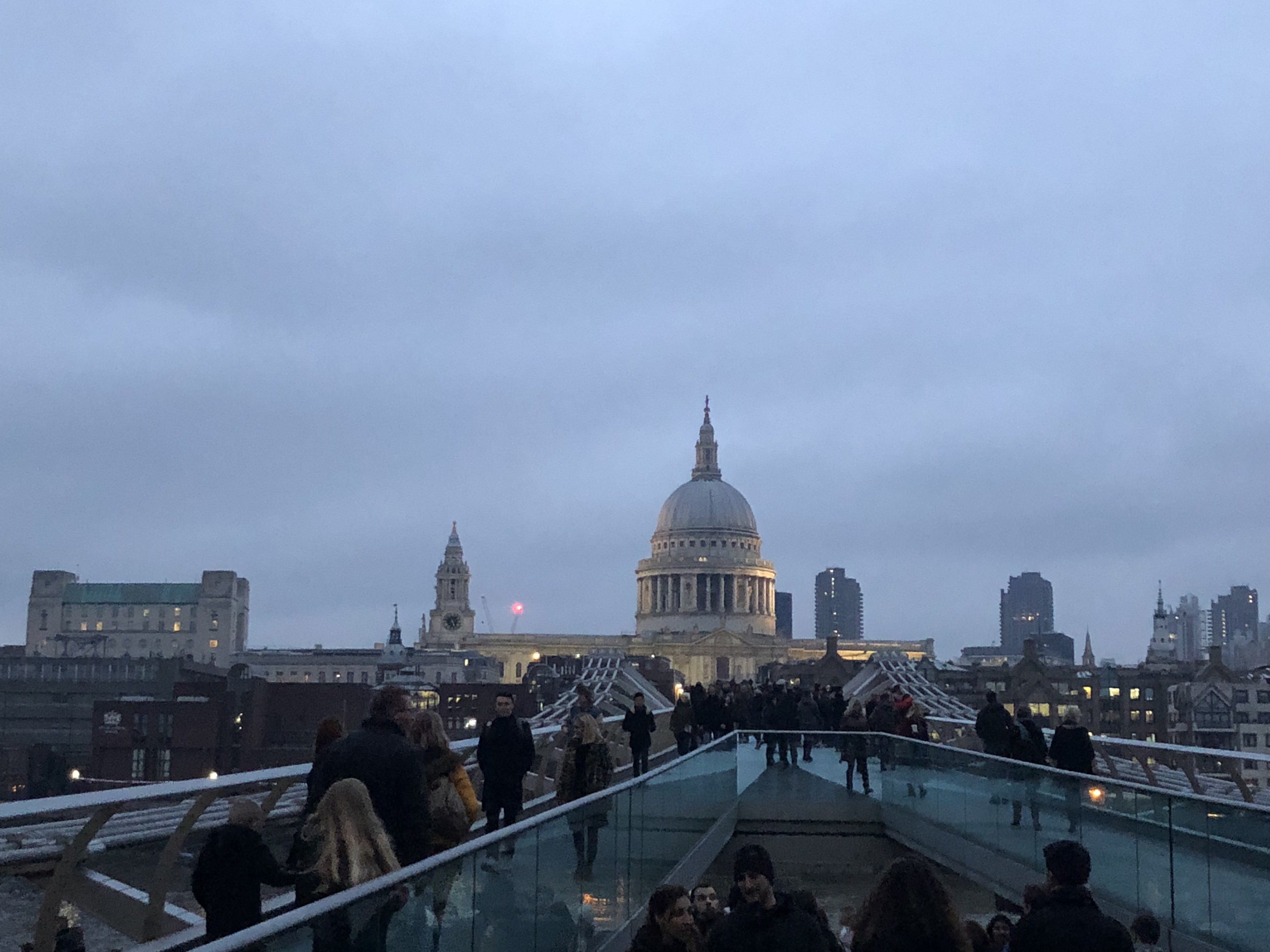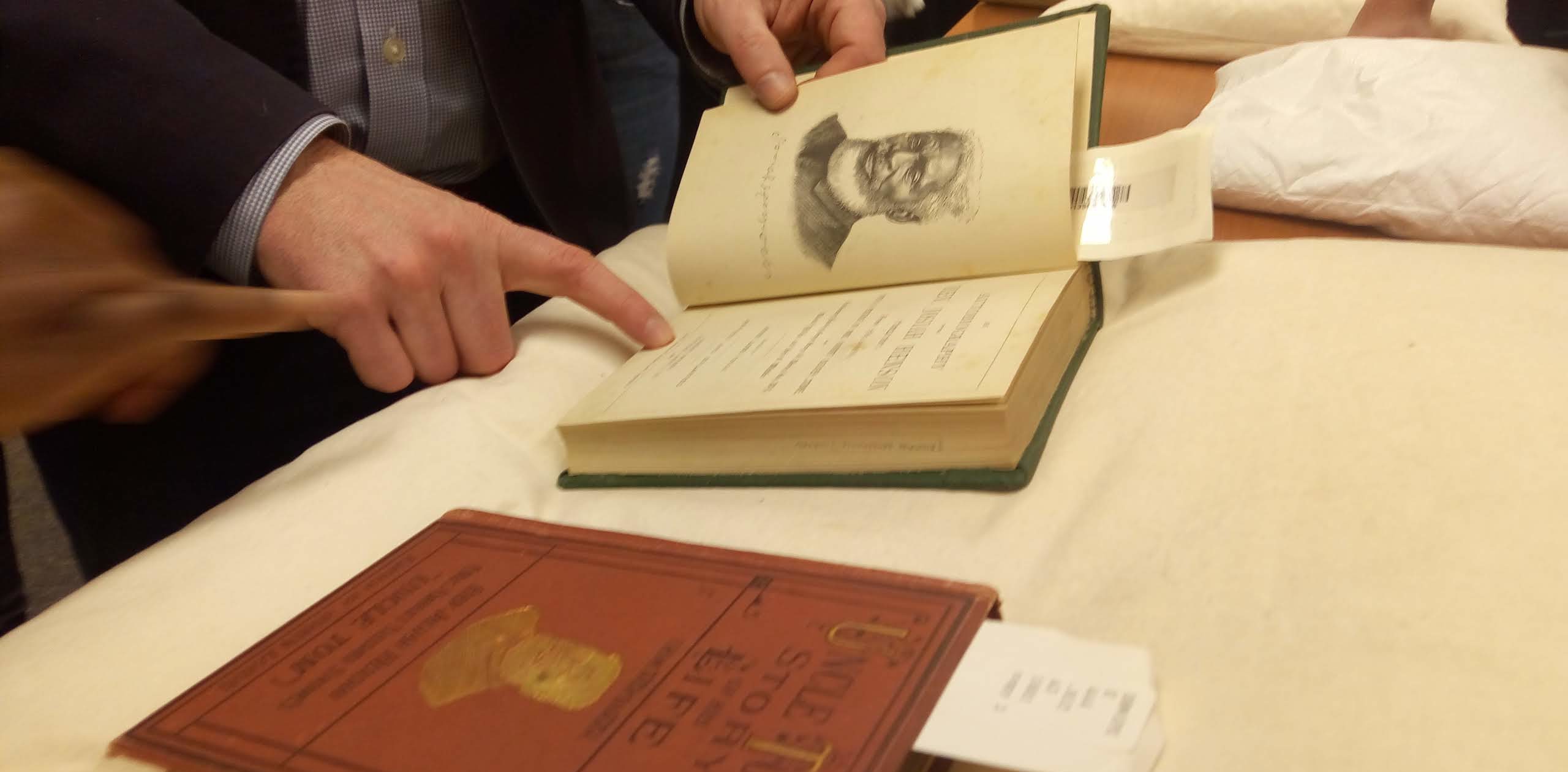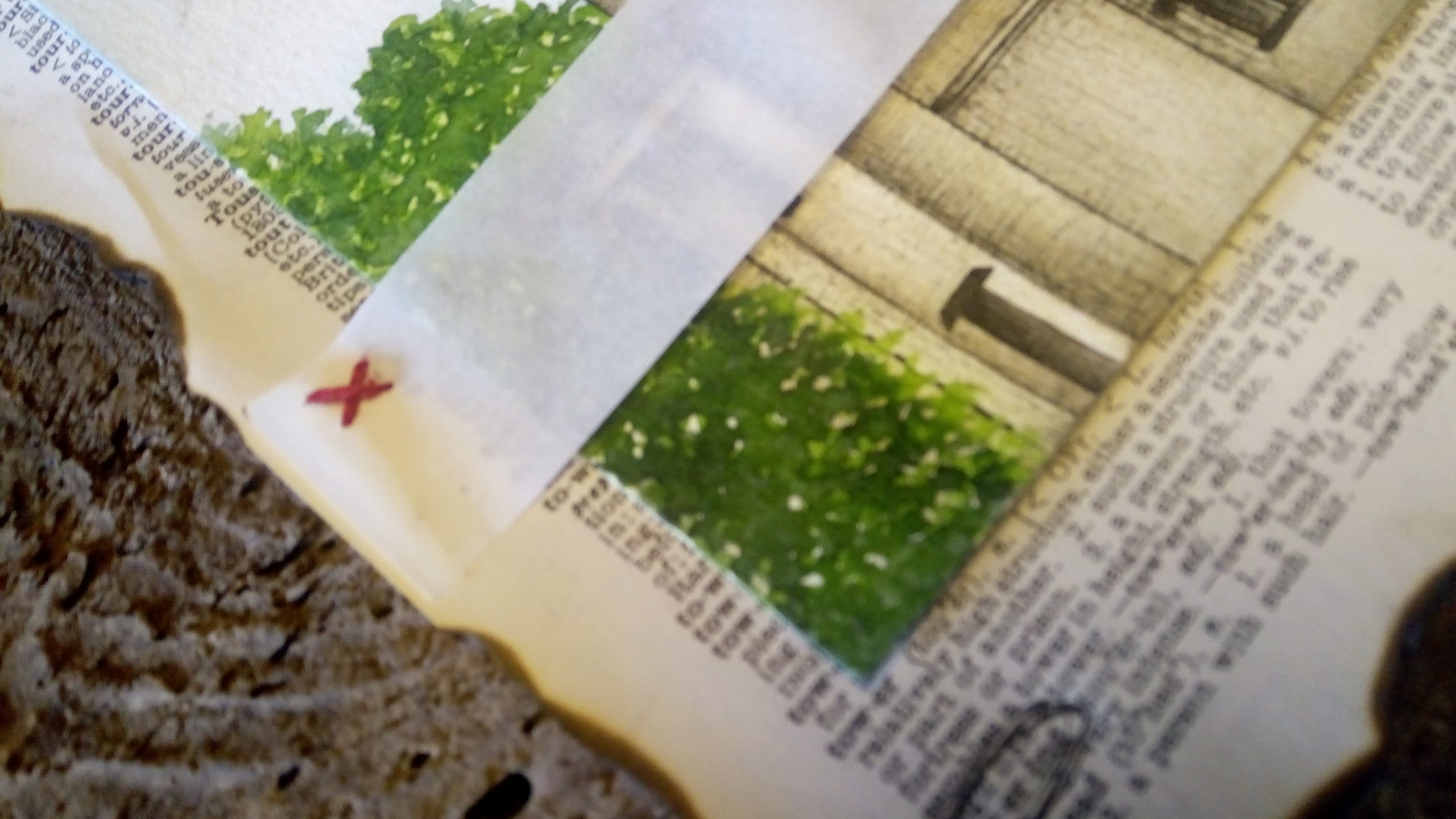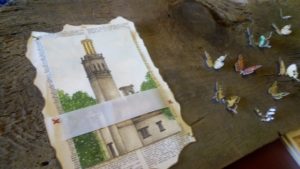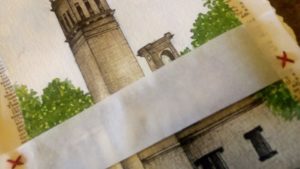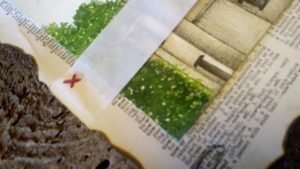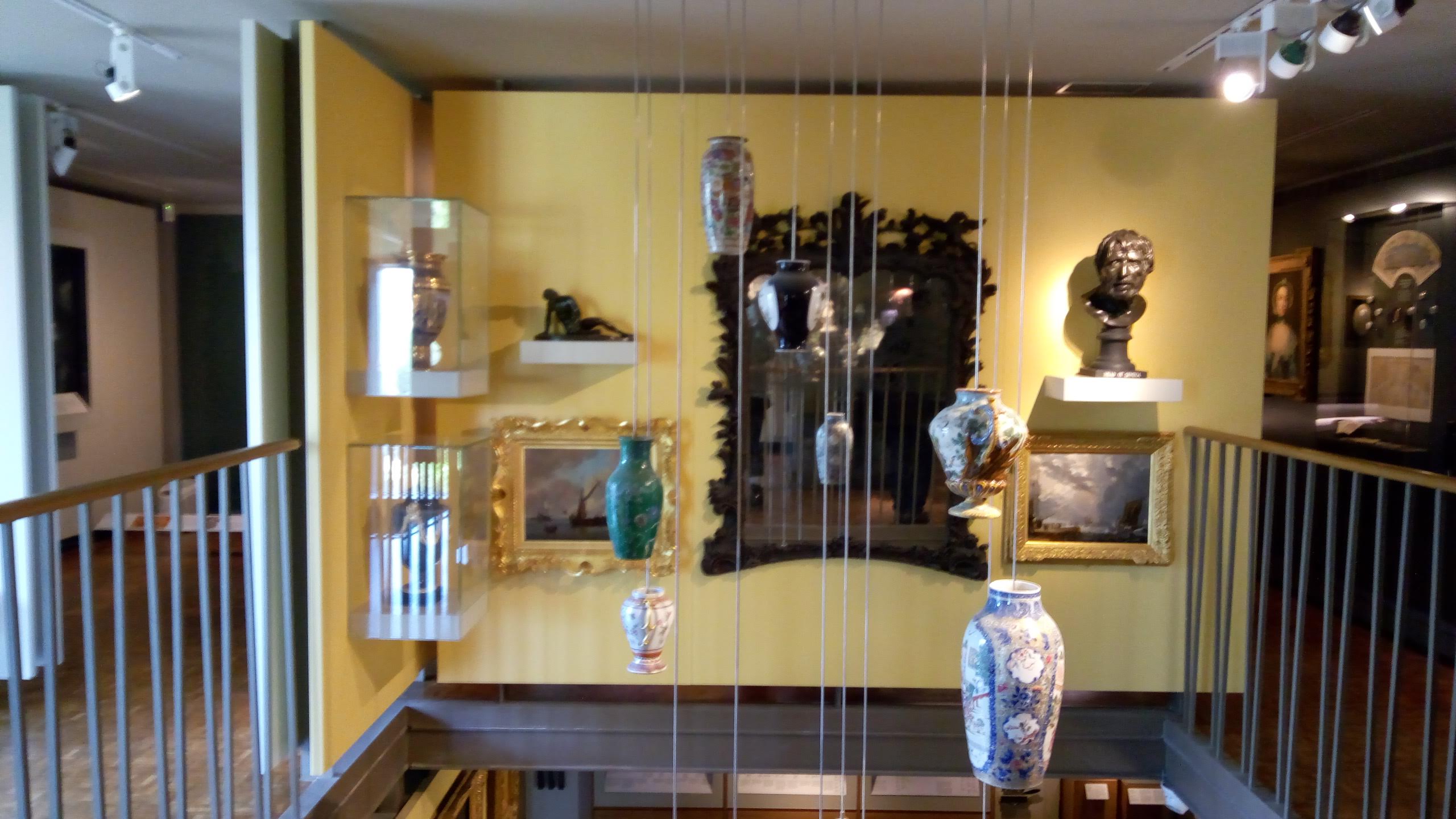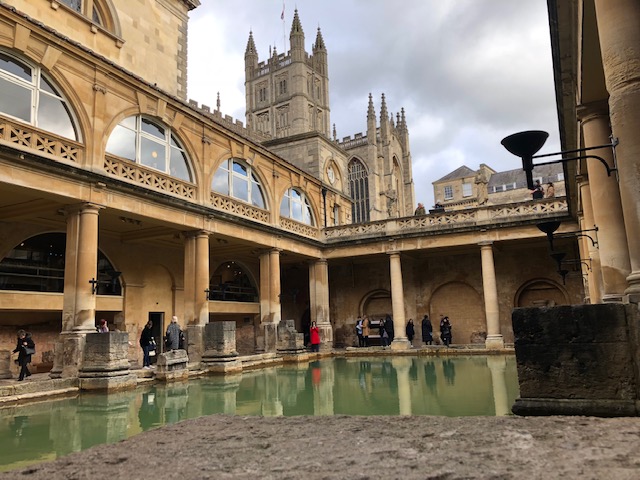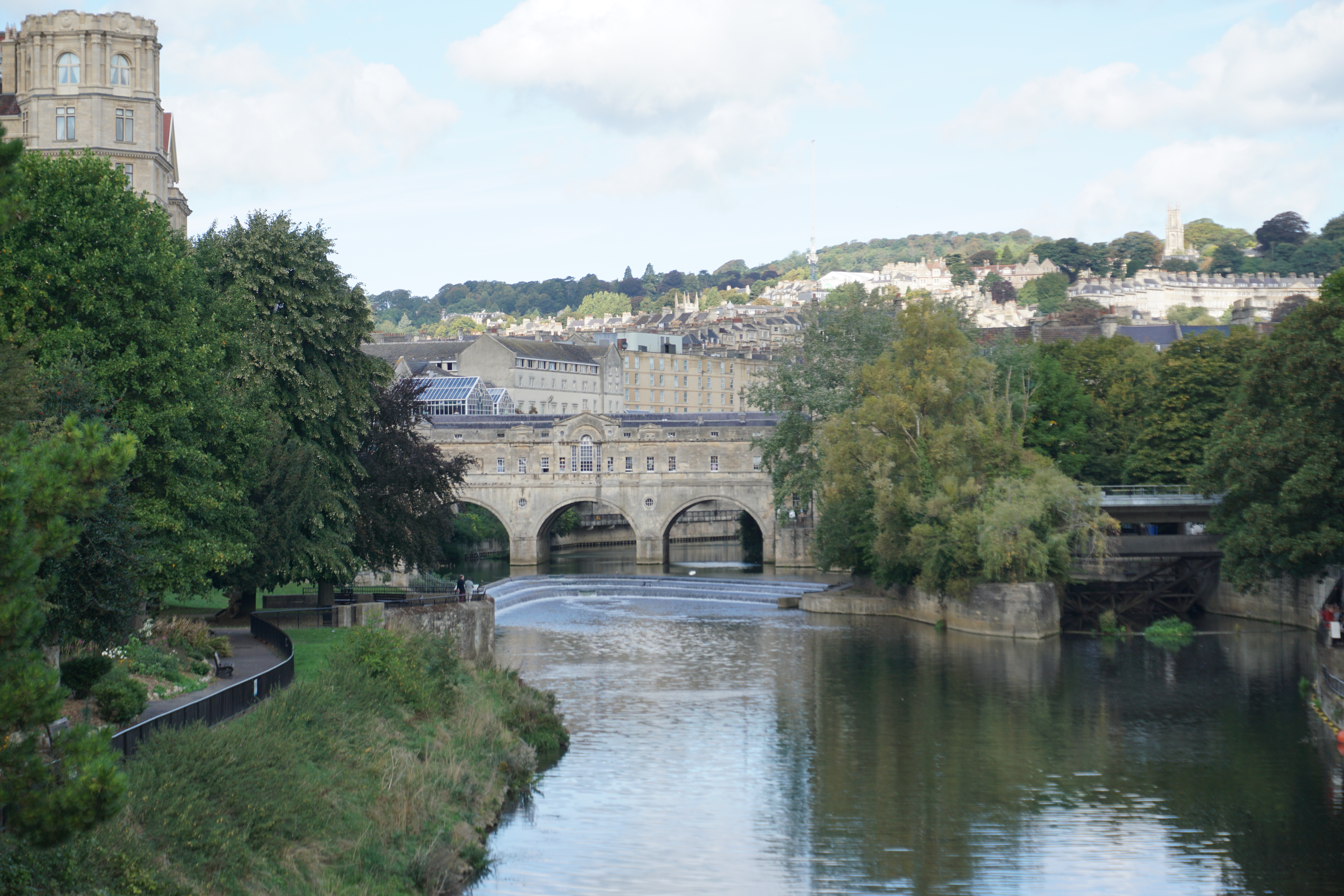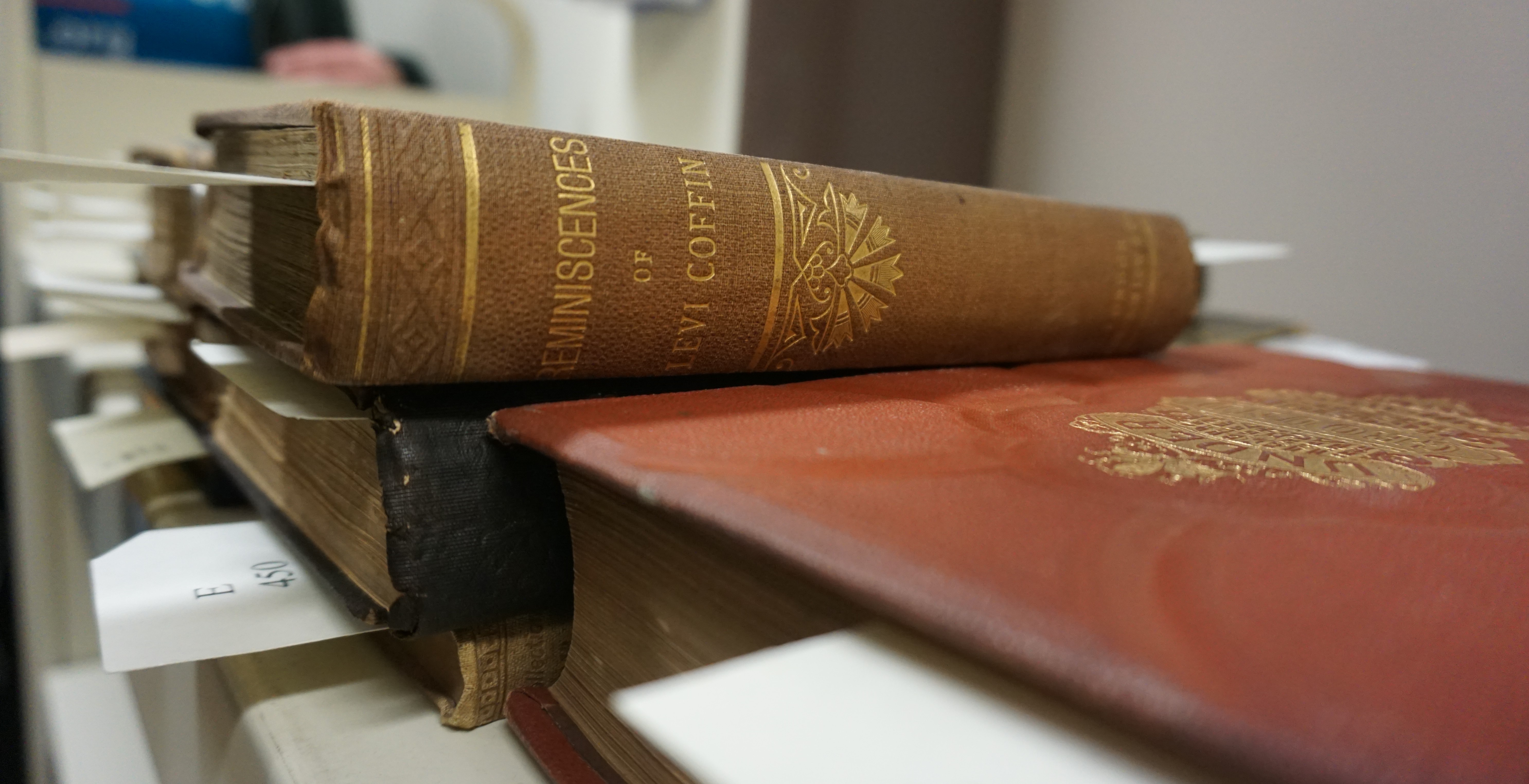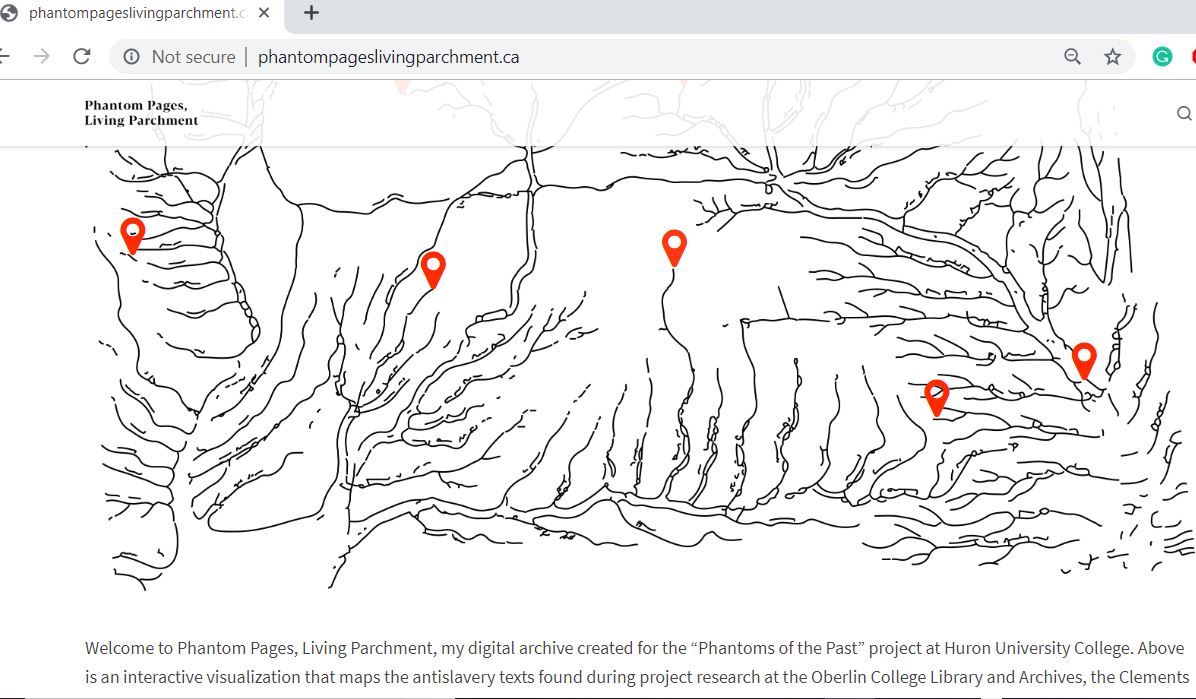Phantoms of the Past: Slavery & Colonialism, Resistance, and Memory in the Atlantic World 2022-23
A Transatlantic Community-based Research Project
The Departments of History and English & Cultural Studies at Huron University College invite undergraduate student proposals for papers to be presented at the London-to-London Phantoms of the Past Undergraduate Research Conference, February 23, 2023 at SOAS, University of London (UK).
The conference is part of Phantoms of the Past: Slavery & Colonialism, Resistance, and Memory in the Atlantic World a transatlantic partnership between Huron History and ECS faculty, and Professor Olivette Otele, Distinguished Professor of the Legacies and Memory of Slavery, in the School of Law, SOAS (University of London)
Phantoms of the Past seeks to uncover the ways in which hidden and interconnectedhistories of resistance to transatlantic slavery, colonialism, and antislavery are remembered, forgotten, commemorated, and ignored. What are “sites of memory” that mark slavery and colonialism – and resistance to these systems of power – in Canada and in Britain, and how does the meaning of memory shift over time? How can our research on slavery, colonialism, history, and “sites of memory” shape our understanding of race, civil rights, and freedom in contemporary Canada and Britain?
Within the context of the multi-year Phantoms of the Past project, the conference in 2023 will focus on the history and work of Black Loyalists, Indigenous community leaders, and Black abolitionists who travelled to Britain as part of their political work opposing colonialism and the institution of racial slavery– Josiah Henson, Kahkewaquonaby (Peter Jones), William Howard Day, Nahneebahwequa (Catherine Sutton), Samuel Ringgold Ward, William Mitchell, William Troy, and Martin Delany, for example, all lived part of their activist lives in the Lower Great Lakes region, and each visited London (UK) as part of their work. They contributed to the discourse of human rights and racial justice, and brought a culture of resistance/activism on the road with them. In doing so, they engaged critically with questions of civil rights, anti-Black/anti-Indigenous racism, British identity in Canada, and empire. Who remembers them and their lectures and writings? Where and how? How is the work of Black abolitionists or Indigenous leaders commemorated or addressed in contemporary culture? What traces of their lives and work are revealed in “sites of memory” –landscapes, public memorials, texts, images– on both sides of the Atlantic?
Successful applicants will travel to the UK during Huron’s winter reading week (departing February 17-returning February 24) to participate in additional research. In addition to presenting research papers for the conference, all participants will be required to participate in research activities scheduled for the days leading up to the conference, and will prepare a brief reflection on the ways in which the experience of working in London (UK) has helped to reframe their research. The reflection, along with a paper abstract, will be submitted for publication on the Phantoms of the Past website. Students will also have the opportunity to submit their full work for publication in Huron’s peer-reviewed research journal, Liberated Arts, and will be asked to present their work as a lightning talk or poster session at the CURL conference at Huron in April 2023.
Student air travel and accommodation in London will be funded by the Phantoms project, through the support of Huron, and the Galen Weston Fund for Teaching British History at Huron. Students who participate in the trip will make a $300 deposit to defray expense of ground transportation and a community meal on the evening of the conference. (Please note that participating students will be responsible for the costs of food apart from the conference day, and for incidental expenses including internet access.)
A reading list and information about previous Phantoms of the Past research can be found at huronresearch.ca/phantomsofthepast.
Phantoms students must register for 2022-23 in at least one Phantoms-focused course listed below, and are encouraged to discuss the project application with one of the Phantoms faculty: Dr. Bell (HIST 3801E); Dr. Reid-Maroney (HIST 4307F); Dr. Schofield (ECS 4881G); Dr. Compeau (HIST 3797F), Dr. Peace (HIST 3201E)
Priority will be given to applicants in their final two years of study at Huron University College in ECS or History programs, and whose work will contribute to the diversity of the Phantoms research team. In evaluating applications we will consider 1) how well the project fits with other proposals and the project goals and 2) past academic performance.
To apply, please send the following via email to Dr. Tom Peace tpeace@uwo.ca (Chair, History) or Dr. Scott Schofield schofi4@uwo.ca (Chair, English and Cultural Studies) before August 30, 2022:
1. A 300-word proposal for a paper/presentation focused on conference research questions, and addressing your research interest in the project in the context of your studies at Huron;
2. A copy of your academic record.
